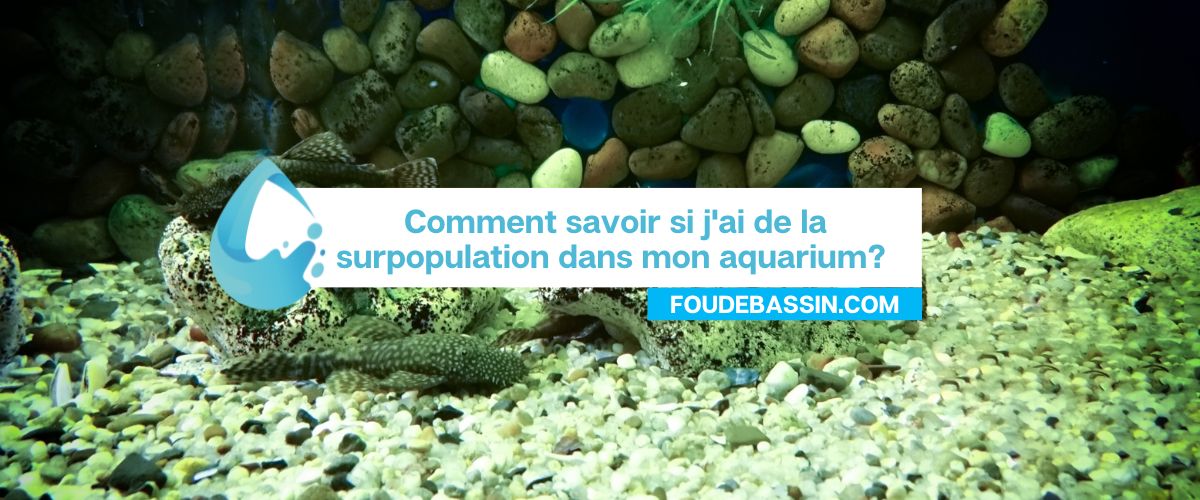Retrouvez ici les indispensables et meilleures ventes pour nos propriétaires de bassin.
Retrouvez ici les indispensables et meilleures ventes pour nos propriétaires de bassin.

How do I know if I have overpopulation in my aquarium?
Overcrowding in aquariums can cause signs of stress, aggression, toxicity, and lack of oxygen in fish. To solve this problem, you can relocate some fish or purchase a larger aquarium. Overcrowding can also cause stress reactions that can stunt fish growth, weaken their immunity, and make them more prone to disease.
Overcrowding in aquariums can cause stress in fish and be a form of cruelty to these animals. Long-term stress caused by overcrowding can have several physiological responses that are detrimental to fish health, such as weakened immunity and increased susceptibility to disease.

If you are unsure whether your aquarium is overcrowded and how it can harm your fish, you should read more on the topic. Here is a list of indicators of overcrowding in an aquarium that should alert you.
Your fish are stressed: Fish can show signs of stress when overcrowded, such as aggressive behavior, fatigue, loss of appetite, and difficulty breathing.
Cloudy water: Overpopulation can lead to increased waste production, which can make water cloudy and degraded.
Low oxygen levels: Overcrowding can cause a decrease in the amount of dissolved oxygen in the water, which can be harmful to fish.
Nutrient levels are high: Overstocking can lead to increased levels of nitrates, ammonia and nitrites, which can be toxic to fish.
Fish are different sizes: If you have fish of different sizes in your tank, it could be a sign that some of them have been stressed and have been unable to grow normally due to overcrowding.
It is important to carefully monitor your aquarium and take steps to reduce overcrowding if necessary to maintain the health and well-being of your fish.
Aquipond Greenstab - Natural treatment against pond algae It is a natural product that helps limit algae at any time. It also has a prevent...
View full detailsReduces the layer of silt in the pond by at least 40% Easy to use with less impact on biodiversity Prevents fermentation, bad odors. pH ...
View full detailsOrganic dye to block plant growth by limiting photosynthesis ORGANIC PRODUCT NON TOXIC TO HUMANS (DIVING) AND FISH. 100% NATURAL AND BIODE...
View full detailsThe positive effects of barley straw have been known to water enthusiasts for a long time. But currently barley straw is difficult to find and i...
View full detailsReduces at least 40% of the layer of silt in the pond Easy to use with less impact on biodiversity Prevents fermentation, bad odors. ...
View full details
Leave a comment